

| Cruise Region : South America / Antarctica |
| Company : Azamara Cruises |
| Ship : Azamara Quest |
| Journey Start : Wed 16 Feb 2028 |
| Journey End : Mon 28 Feb 2028 |
| Count Nights : 12 nights |
| Day | Date | Port | Arrival | Departure |
|---|---|---|---|---|
| 1 | 16.02 Wed | Buenos Aires / Argentina | ||
| 2 | 17.02 Thu | Buenos Aires / Argentina | 18:00 | |
| 3 | 18.02 Fri | Montevideo / Uruguay | 08:00 | 17:00 |
| 4 | 19.02 Sat | Rio Grande - Rio Grande do Sul / Brazil | 14:00 | 21:00 |
| 5 | 20.02 Sun | Day at sea / Sea | ||
| 6 | 21.02 Mon | Porto Belo / Brazil | 07:00 | 18:00 |
| 7 | 22.02 Tue | SÃO FRANCISCO DO SUL | 07:00 | 18:00 |
| 8 | 23.02 Wed | Paranaguá | 07:00 | 20:00 |
| 9 | 24.02 Thu | Santos / Brazil | 08:30 | 22:00 |
| 10 | 25.02 Fri | Ilhabela / Brazil | 07:00 | 20:00 |
| 11 | 26.02 Sat | Paraty / Brazil | 07:00 | 23:00 |
| 12 | 27.02 Sun | Rio de Janeiro / Brazil | 08:00 | |
| 13 | 28.02 Mon | Rio de Janeiro / Brazil | 09:00 |
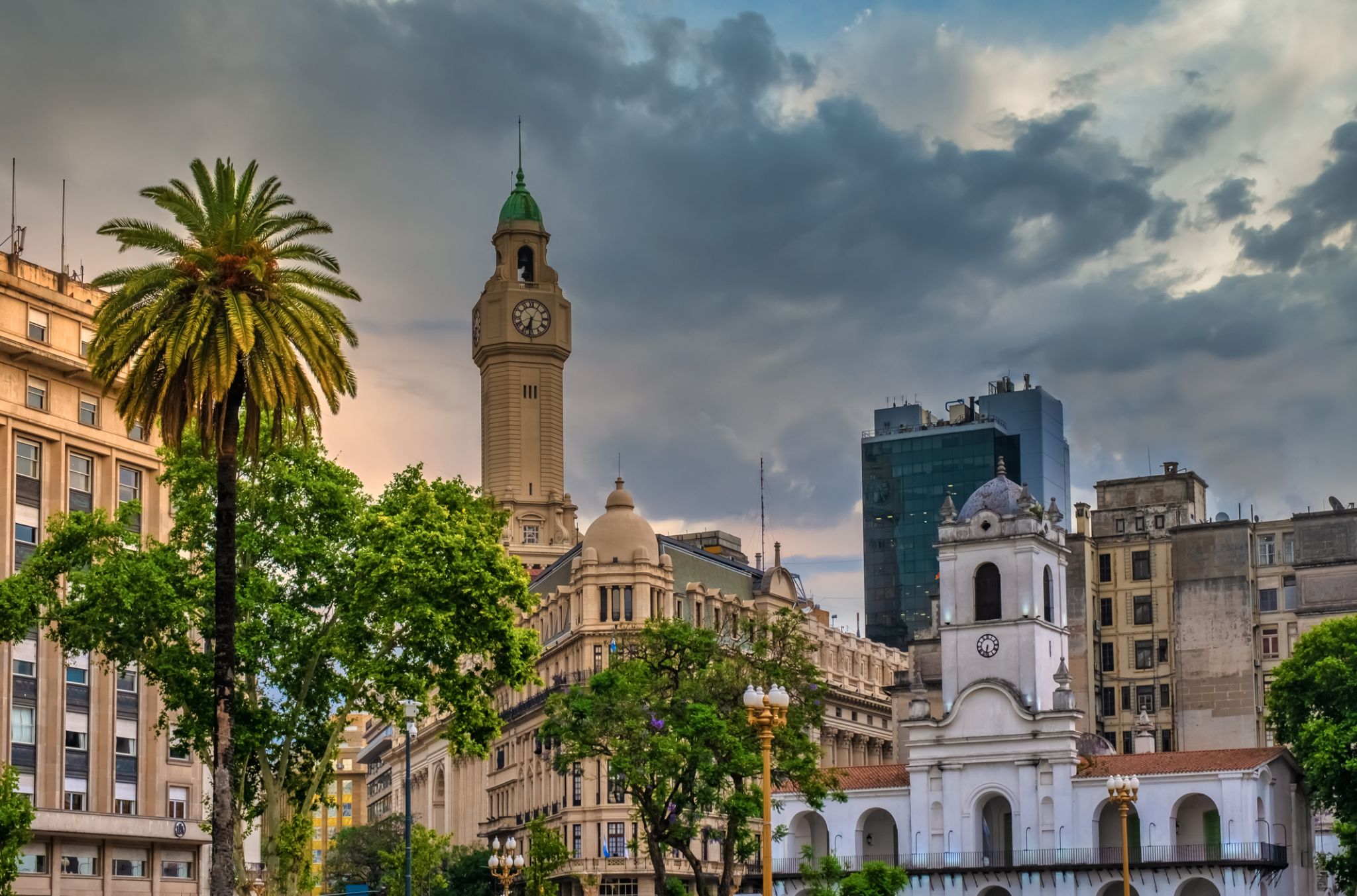
the capital city and chief port of Argentina, in the eastern central part of the country, on the Plata River; population 3,042,600 (est. 2008).

the capital city and chief port of Argentina, in the eastern central part of the country, on the Plata River; population 3,042,600 (est. 2008).
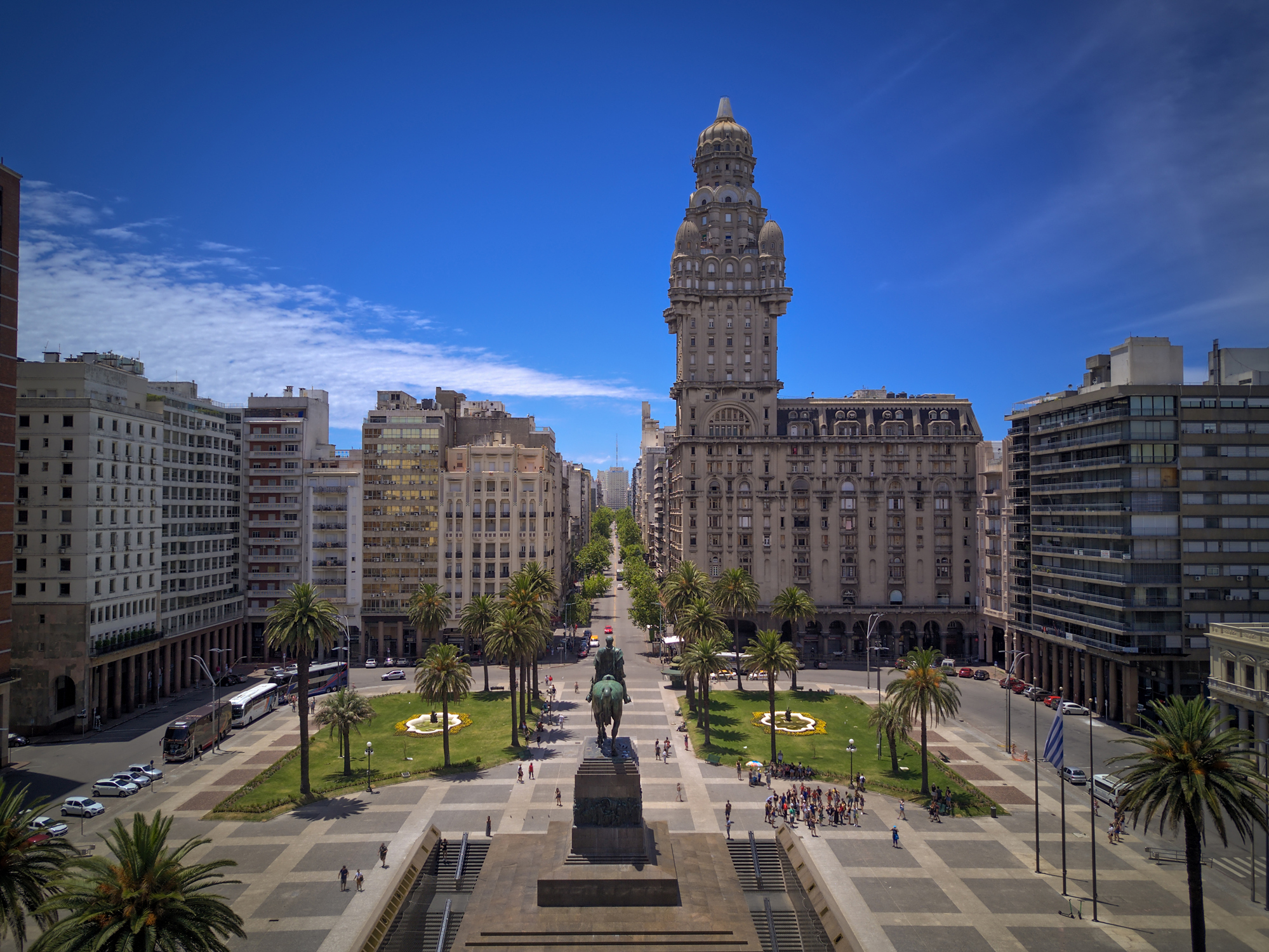
Montevideo is the capital and largest city of Uruguay. According to the 2011 census, the city proper has a population of 1,319,108 (about one-third of the country's total population) in an area of 201 square kilometres (78 sq mi). The southernmost capital city in the Americas, Montevideo is situated on the southern coast of the country, on the northeastern bank of the Río de la Plata.
The city was established in 1724 by a Spanish soldier, Bruno Mauricio de Zabala, as a strategic move amidst the Spanish-Portuguese dispute over the platine region. It was also under brief British rule in 1807. Montevideo is the seat of the administrative headquarters of Mercosur and ALADI, Latin America’s leading trade blocs, a position that entailed comparisons to the role of Brussels in Europe.
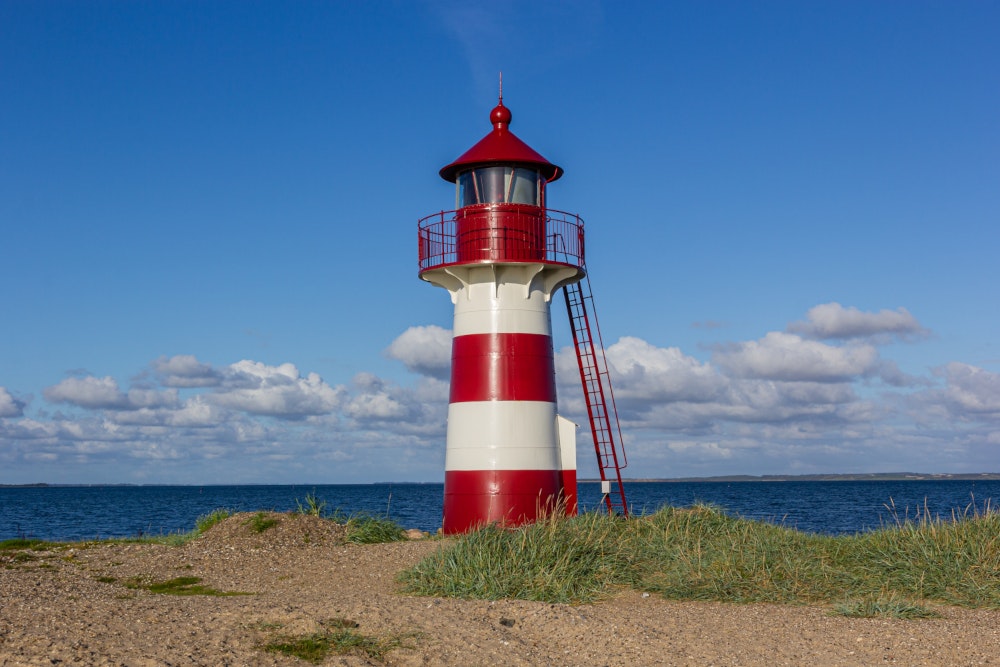
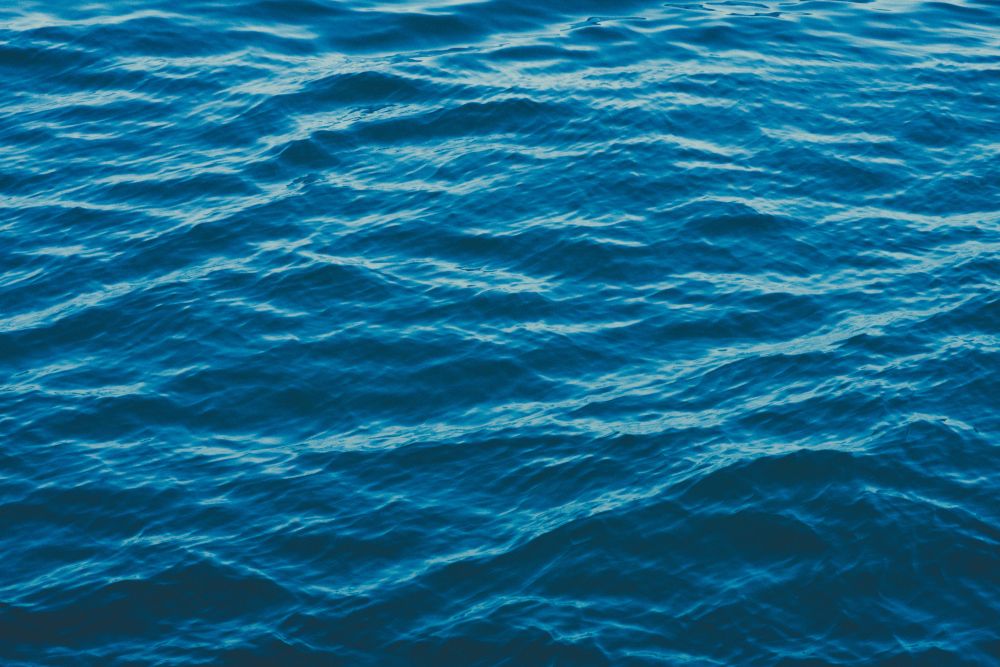



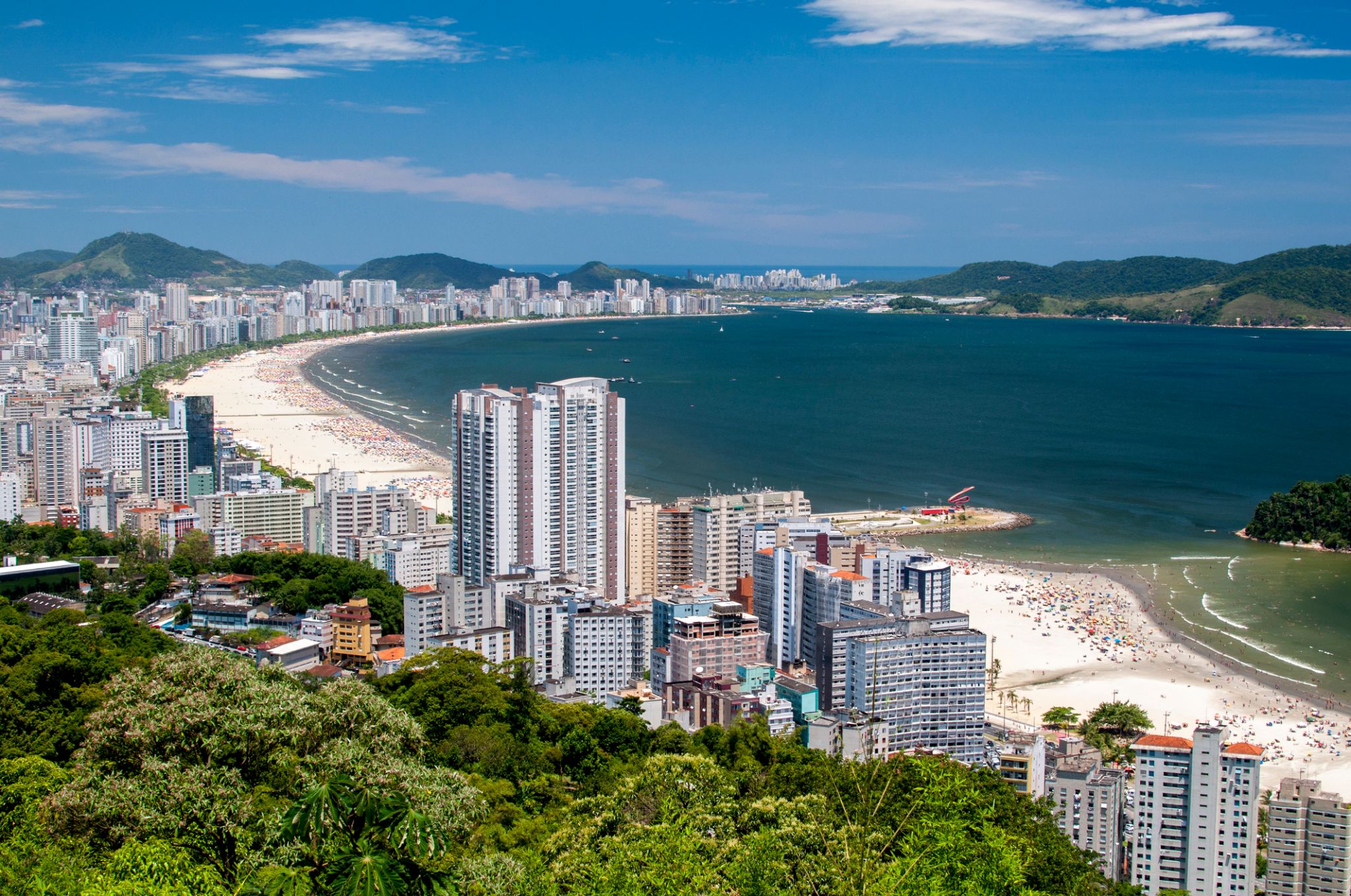
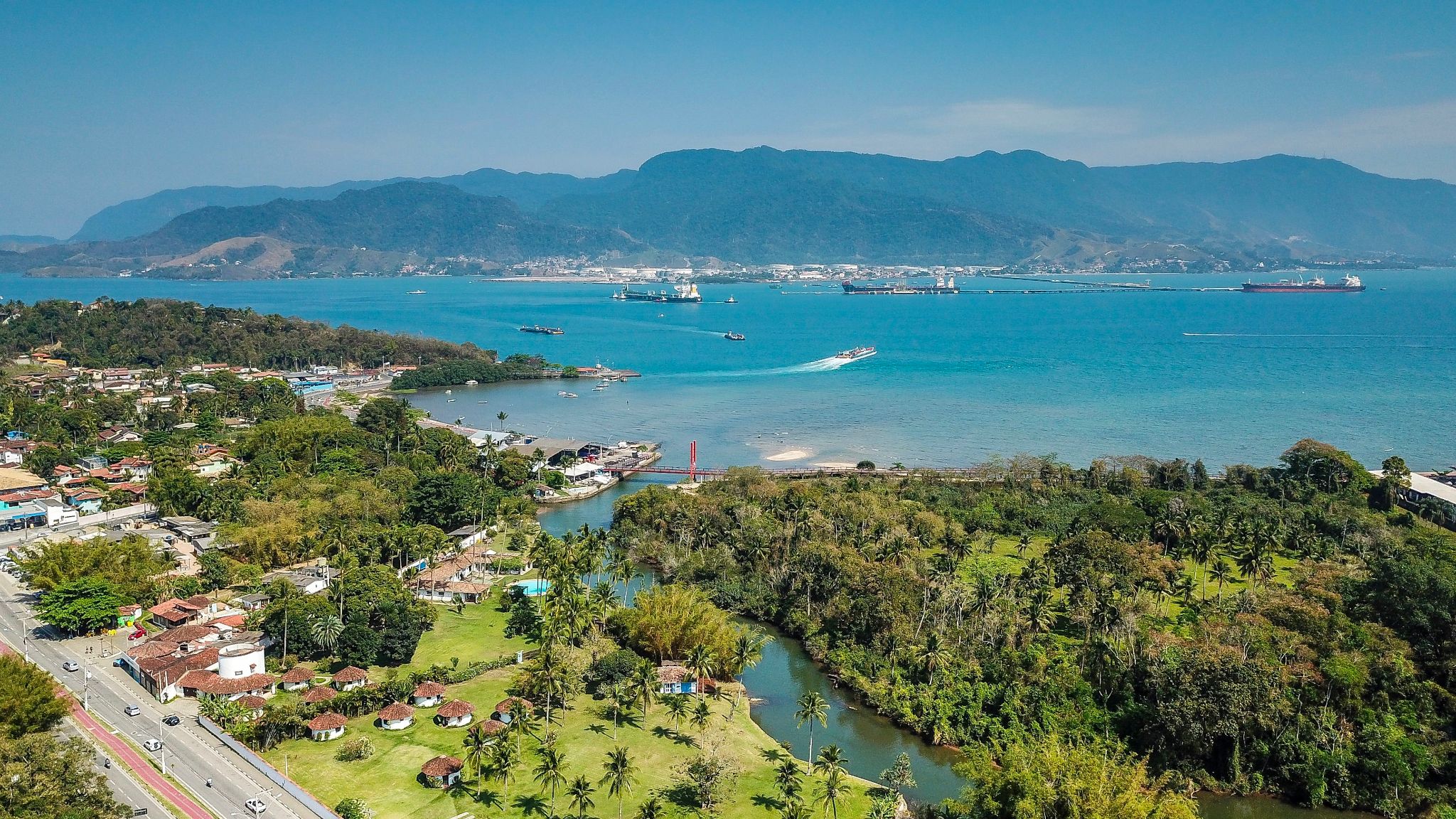
Ilhabela — A Brazilian Paradise for Nature and Adventure Enthusiasts
Ilhabela is a picturesque archipelago and municipality in the state of São Paulo, Brazil, comprising the main island and several smaller ones. The name translates from Portuguese as "beautiful island," which it truly embodies. Over 80% of the island's territory is protected within the Ilhabela State Park, featuring dense tropical forests, waterfalls, and hiking trails. It's a popular destination for sailors, divers, and those seeking solitude away from urban noise.
Ilhabela is renowned not only for its golden sandy beaches and clear waters but also for the unique opportunity to observe whales during their migration. The city frequently hosts sailing regattas, including international competitions. Tourists can explore colonial-era buildings and enjoy the ambiance of seaside restaurants offering fresh seafood dishes. Ilhabela combines pristine nature, active recreation, and a relaxed pace of life, making it an ideal destination for travel at any time of the year.
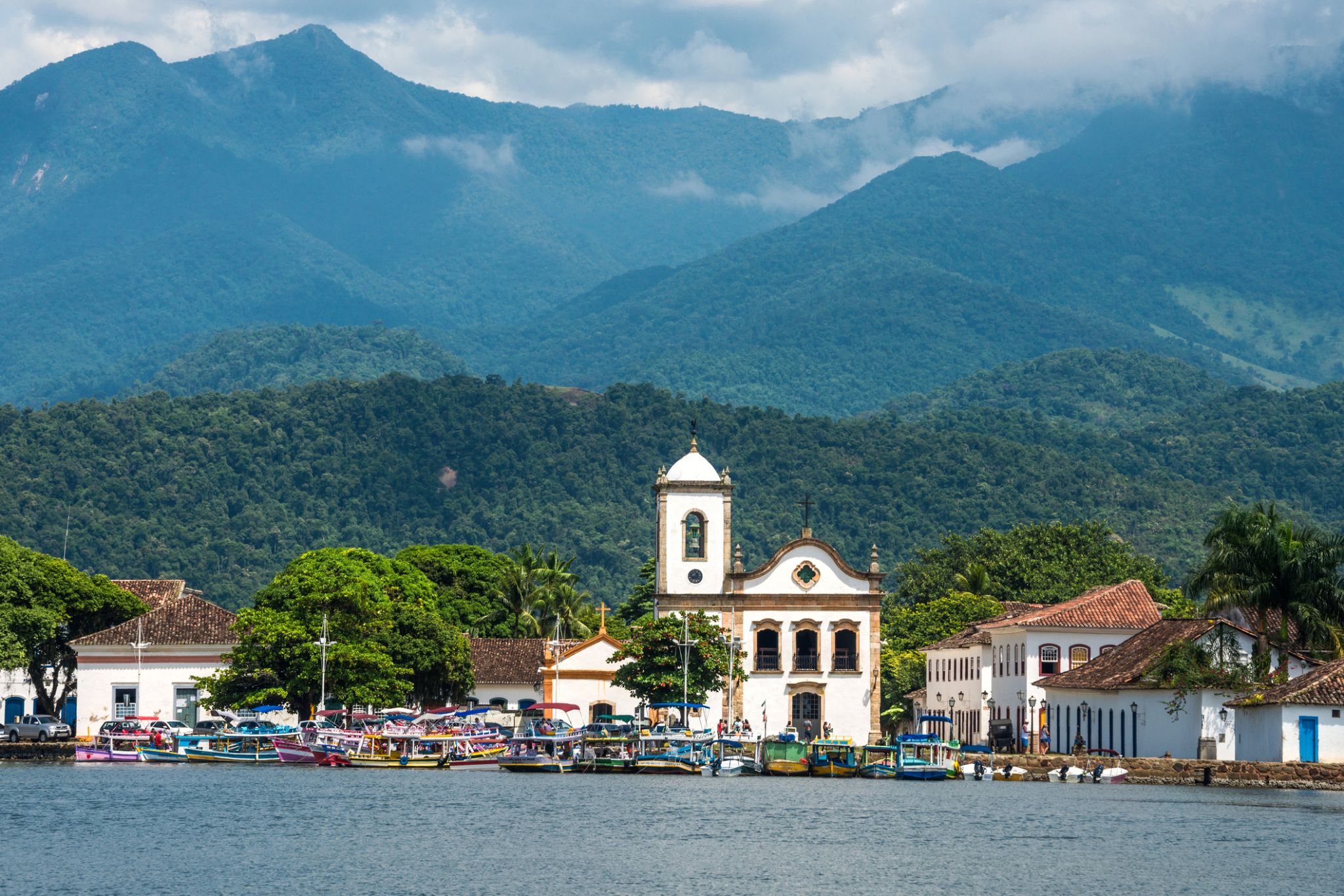
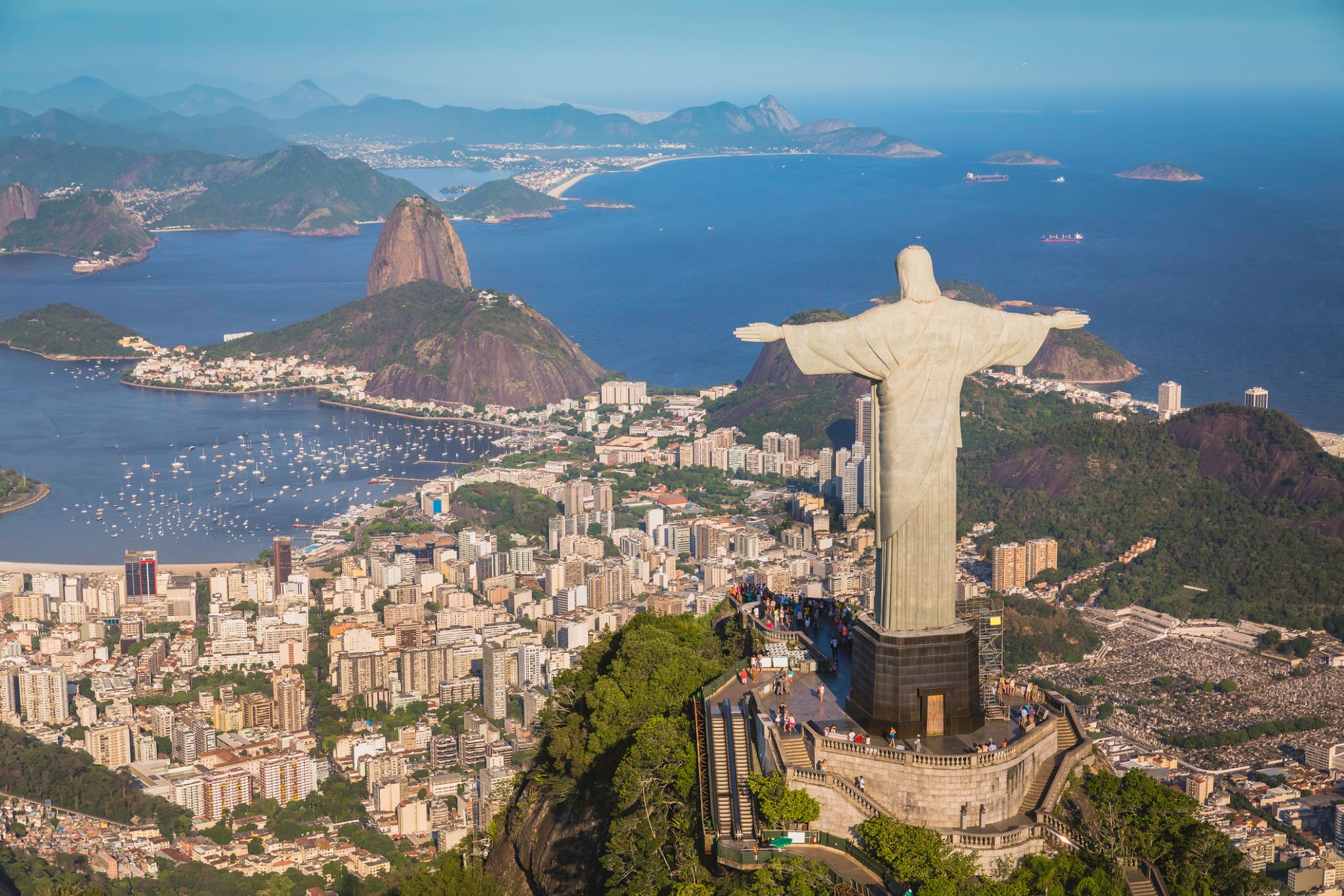
Rio de Janeiro is the second-most populous municipality in Brazil and the sixth-most populous in the Americas. The metropolis is anchor to the Rio de Janeiro metropolitan area, the second-most populous metropolitan area in Brazil and sixth-most populous in the Americas. Rio de Janeiro is the capital of the state of Rio de Janeiro, Brazil's third-most populous state. Part of the city has been designated as a World Heritage Site, named "Rio de Janeiro: CariocaLandscapes between the Mountain and the Sea", by UNESCO on 1 July 2012 as a Cultural Landscape.
Founded in 1565 by the Portuguese, the city was initially the seat of the Captaincy of Rio de Janeiro, a domain of the Portuguese Empire. Later, in 1763, it became the capital of the State of Brazil, a state of the Portuguese Empire. In 1808, when the Portuguese Royal Court transferred itself from Portugal to Brazil, Rio de Janeiro became the chosen seat of the court of Queen Maria I of Portugal, who subsequently, in 1815, under the leadership of her son, the Prince Regent, and future King João VI of Portugal, raised Brazil to the dignity of a kingdom, within the United Kingdom of Portugal, Brazil, and Algarves. Rio stayed the capital of the pluricontinental Lusitanian monarchy until 1822, when the War of Brazilian Independence began. This is one of the few instances in history that the capital of a colonising country officially shifted to a city in one of its colonies. Rio de Janeiro subsequently served as the capital of the independent monarchy, the Empire of Brazil, until 1889, and then the capital of a republican Brazil until 1960 when the capital was transferred to Brasília.

Rio de Janeiro is the second-most populous municipality in Brazil and the sixth-most populous in the Americas. The metropolis is anchor to the Rio de Janeiro metropolitan area, the second-most populous metropolitan area in Brazil and sixth-most populous in the Americas. Rio de Janeiro is the capital of the state of Rio de Janeiro, Brazil's third-most populous state. Part of the city has been designated as a World Heritage Site, named "Rio de Janeiro: CariocaLandscapes between the Mountain and the Sea", by UNESCO on 1 July 2012 as a Cultural Landscape.
Founded in 1565 by the Portuguese, the city was initially the seat of the Captaincy of Rio de Janeiro, a domain of the Portuguese Empire. Later, in 1763, it became the capital of the State of Brazil, a state of the Portuguese Empire. In 1808, when the Portuguese Royal Court transferred itself from Portugal to Brazil, Rio de Janeiro became the chosen seat of the court of Queen Maria I of Portugal, who subsequently, in 1815, under the leadership of her son, the Prince Regent, and future King João VI of Portugal, raised Brazil to the dignity of a kingdom, within the United Kingdom of Portugal, Brazil, and Algarves. Rio stayed the capital of the pluricontinental Lusitanian monarchy until 1822, when the War of Brazilian Independence began. This is one of the few instances in history that the capital of a colonising country officially shifted to a city in one of its colonies. Rio de Janeiro subsequently served as the capital of the independent monarchy, the Empire of Brazil, until 1889, and then the capital of a republican Brazil until 1960 when the capital was transferred to Brasília.